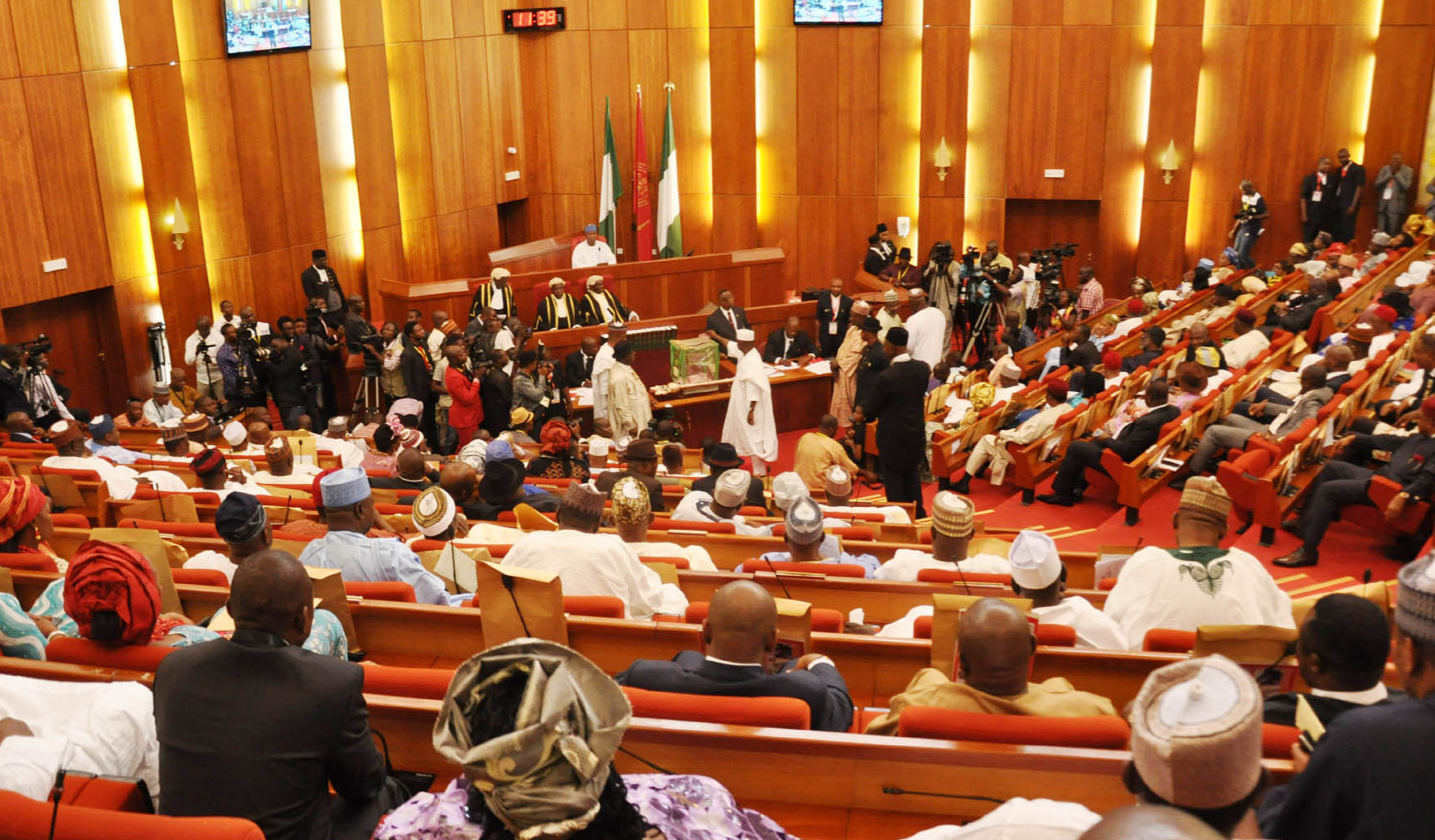Prominent African businessman and philanthropist, Tony Elumelu, has reflected on the defining moment of his early career when he was appointed a bank branch manager at just 27 years old.
In a post shared on his LinkedIn page on Tuesday, Elumelu recounted how his appointment at AllStates Trust Bank changed the trajectory of his life and shaped his passion for empowering young people.
“When I was 27, I was given the opportunity of a lifetime: I became a branch manager at AllStates Trust Bank, a young bank in Nigeria.
“Banking was beginning to change the country, it was the sector to be in, ripe for transformation, ready for disruption, for democratisation.
READ ALSO:EFCC Arraigns Six Katsina Revenue, Bank Workers Over N1.2bn Fraud
“At that time, few believed a 27-year-old could successfully lead a bank branch. But that opportunity changed the entire course of my life.
“It gave me confidence. It gave me a platform. Most importantly, it gave me perspective,” he wrote.
Elumelu, who is the founder of the Tony Elumelu Foundation and chairs Heirs Holdings and United Bank for Africa, noted that his journey began not with financial capital but with trust.
His post continued, “That’s why today, I am passionate about giving young people the same chance I was given. Because I know what’s possible when someone believes in you early.
“This belief is at the heart of everything we do at The Tony Elumelu Foundation. It’s why we invest in young African entrepreneurs – because someone once invested in me.
READ ALSO:EFCC Arraigns Bankers, Accomplices For Alleged N8.5bn Fraud
“My journey didn’t begin with capital. It began with trust. Let’s keep believing in Africa’s youth. They are ready to lead, grow and transform our continent.”
In a follow-up post on X on Friday, the business leader further highlighted three lessons from his experience as a young bank manager.
“Shared recently on my LinkedIn page how I became a bank manager at just 27. I got a lot of questions. One stood out: How could someone so young handle such responsibility?
“Many doubted a young man could lead a bank branch. That chance changed the entire course of my life,” he wrote.
READ ALSO:Sealing Spree: FCTA Sledge Hammer Hits FIRS Office, Bank, Fuel Station, Others
Outlining the lessons from his journey, Elumelu wrote, “Lesson 1: Age is not a barrier. If you can execute, are hungry to learn, and committed to results — you can lead at any age. Leadership is about clarity of vision and that discipline to execute.
“Lesson 2: The most powerful capital is trust. My journey didn’t start with money — it started with trust. Trust was the seed that propelled everything else. Give young people trust, and they will surprise you. I was trusted, I repaid that trust.”
In the third lesson, Elumelu explained why perspective matters in leadership.
He wrote, “Leadership is not about doing everything yourself. It is about empowering, setting direction, and providing clarity. The sooner you learn this, the faster you grow.
READ ALSO:Outrage As Bank Insists Bedridden 96-year-old Woman Must Appear For ID Verification
“That’s why today, I am passionate about giving young people the same chance I was given. Cascading luck. Catalysing opportunity.”
Elumelu said these principles continue to drive his commitment to youth empowerment through his foundation.
“It is the reason we invest in Africa’s youths at the #TonyElumeluFDN, because someone once invested in me,” he wrote.
“My story is proof that when we trust in our youths, they are ready to lead, grow, and transform our continent. Let’s keep believing in Africa’s youths,” he concluded.
